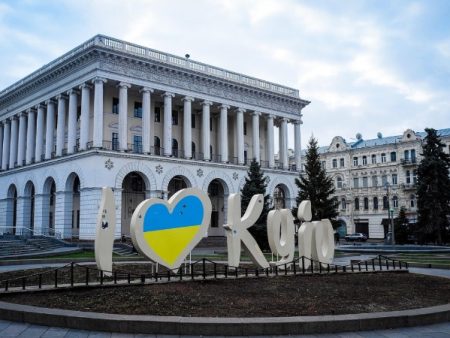Brazil is taking the first steps in regulating online gambling companies, locally known as “bets.” This is in the middle of concerns over the social and economic impacts of betting. Last month, the Finance Ministry confirmed that 96 companies had complied with new regulatory requirements. This allows them to continue operating in the country.

Regulators now regard the 500 to 600 non-compliant platforms as illegal and are forcing them to stop operations.
This regulatory push has been long in the making.
While almost all forms of gambling had been banned in Brazil for decades, then-President Michel Temer signed legislation in 2018 to legalized fixed-odds sports betting. The law specified that regulations should be in place by 2022. However, former President Jair Bolsonaro‘s government from 2019 to 2022 came and went without resolving the issue.
In 2023, when President Luiz Inácio Lula da Silva came into office, discussions started on how to regulate the market, leading to the creation of a new office within the Finance Ministry. This department oversees existing public lotteries, as well as the regulation of fixed-odds betting markets. It includes sports betting and online casino games and aims to prevent money laundering and other illicit activities.
Geraldo Alckmin, Vice President of Brazil reinforced a position already stated by President Lula during his participation in TV Cultura’s Roda Viva program. That is if regulation fails, the federal government will support a gambling ban.
In the interview, Alckmin said that he thinks the first task is to regulate and verify the result of strict regulation. They will make great regulations, but if the result is not good, they will ban them.
During then-President Michel Temer’s mandate, Brazil launched online gambling in 2018. Law 14.790 approved the regulation only last year.


